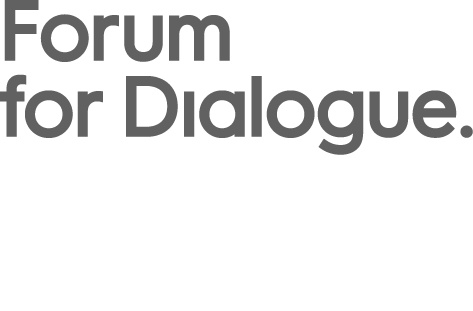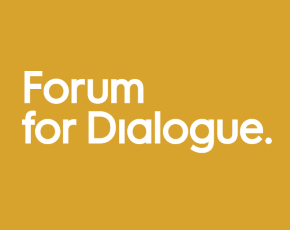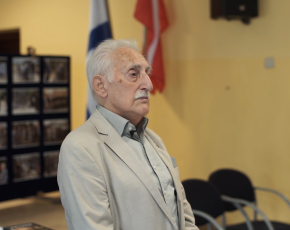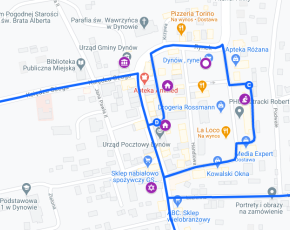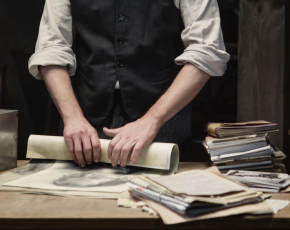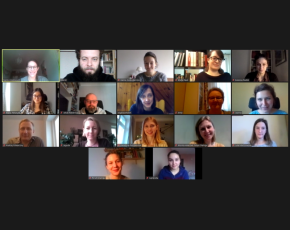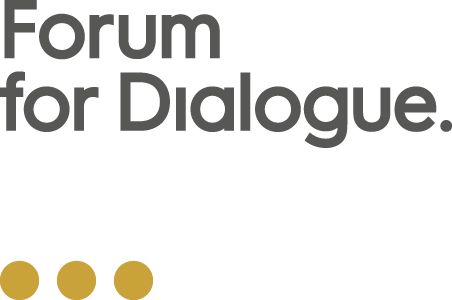In the difficult sphere of Polish/Jewish relations, where the memories of Christian and Jewish families clash against national identities, stereotypes, and decades of political abuses of history, thorough research of history is key for dialogue. In the last twenty years, Poland has seen the creation of some of the most important works tracing the history of the Holocaust on Polish territories, which are oftentimes catalysts for serious discussions and rebuilding of bonds between the current residents of Poland and Polish Jews and their descendants.
This is why we are deeply concerned about the circumstances of the trial against Professor Barbara Engelking and Professor Jan Grabowski for the research they published in Night without End: The Fate of Jews in Selected Counties of Occupied Poland and the accompanying attempts to discredit these two eminent scholars. As an organization which for over twenty years has been working to restore the memory of Polish Jews, predominately in small towns and villages, we fear that the trial will have a censoring effect on young and local researchers working with no support network. This is an attack on the freedom of scholarly research of Jewish history in Poland, and as a result, it will destroy the hard won advances in Polish/Jewish dialogue.
